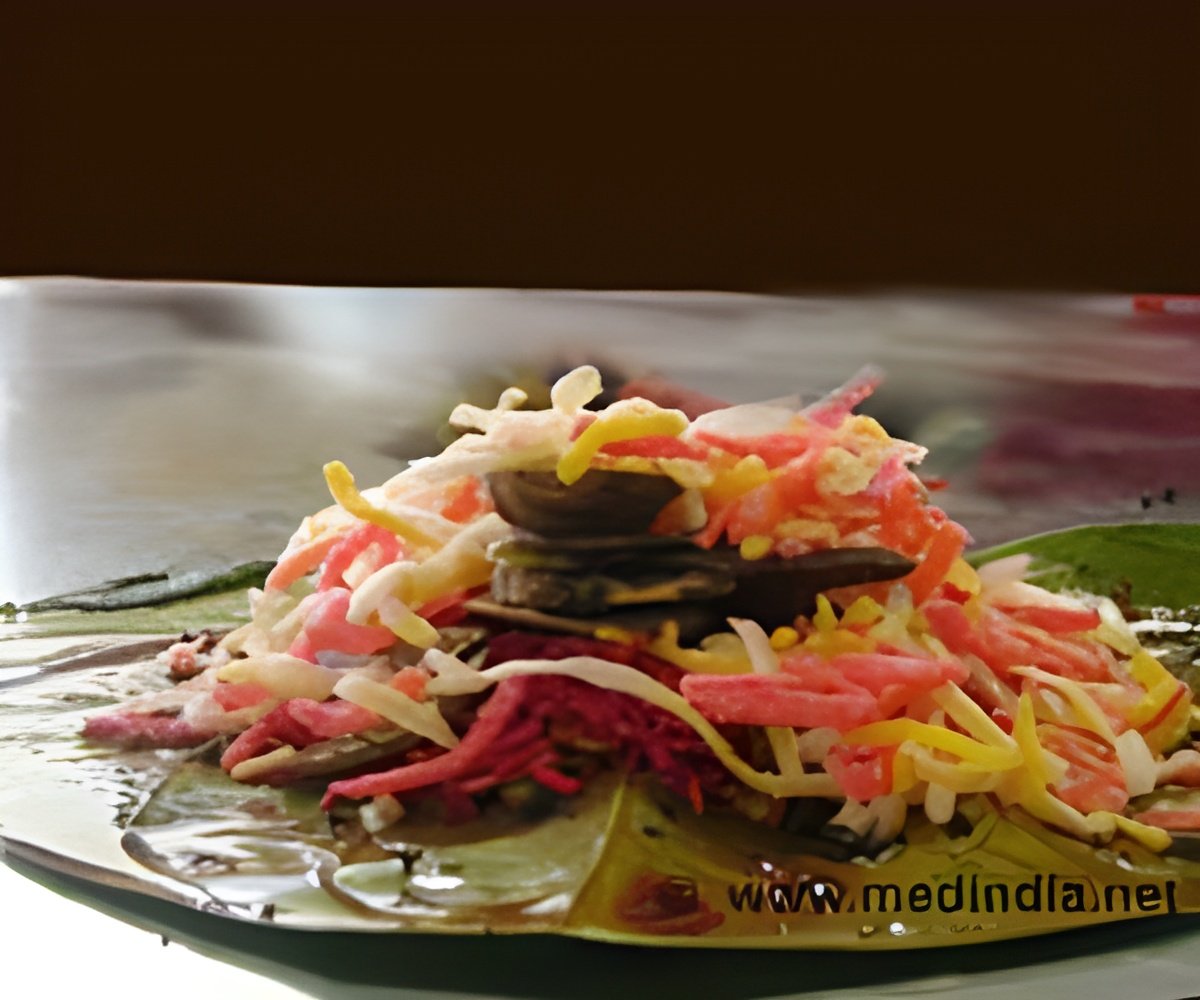India is hosting the six-day-long COP 7 Framework Convention on Tobacco Control Convention to discuss the policies and strategies of reducing tobacco use.

‘India has banned the use of pan masala and chewing tobacco; also it has implemented the 85 percent pictorial warning from April, 2016.’





Reiterating that India is fully committed to WHO's aim to halt the tobacco consumption, he said that in many parts of India tobacco is part of the socio-culture, a major cause behind its increased consumption. "This is the land mark year for tobacco control in India as it has implemented the 85 percent pictorial warning from April this year. There is now a complete ban of the pan masala and chewing tobacco," said Nadda.
India is hosting the six-day-long COP 7 Framework Convention on Tobacco Control (FCTC) Convention, world's biggest Convention of Tobacco Control policies, for the first time in India.
It will bring together the WHO FCTC's 180 Parties (Nations) - which includes almost every country in the world, as well as regional economic integration organisations like the European Union.
Nadda said WHO FCTC rules are the strongest tool to curb the tobacco use in the world.
Advertisement
COP 7 FCTC signals a strong and generous commitment of the Government of India to increase international co-operation and awareness of the WHO FCTC globally and especially in the WHO South-East Asia Region.
Advertisement
Source-IANS










